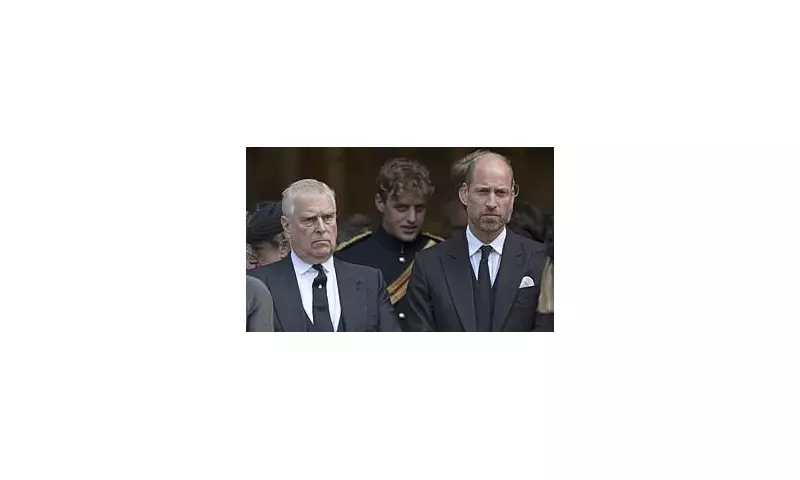
In a dramatic departure from royal convention, King Charles III has made the landmark decision to grant the coveted Duke of York title to his cousin, the Earl of St Andrews, rather than reserving it for a future grandson.
A Break with Centuries of Tradition
The move represents a significant break from established royal protocols, where the Duke of York title has traditionally been bestowed upon the monarch's second son. This historic decision sees the title going to 42-year-old Andrew Lownie, the Earl of St Andrews, who becomes the first cousin once removed to receive this honour.
Royal biographer Andrew Lownie revealed that the King has been carefully considering this move for some time, viewing it as part of his broader vision for a more streamlined and modern monarchy.
The New Duke's Royal Background
The newly appointed Duke of York, born Andrew Lownie, is the son of the Duke and Duchess of Kent and stands 15th in line to the throne. His appointment comes as part of King Charles's strategy to redistribute royal responsibilities among working members of the Royal Family.
'This represents a fundamental shift in how the monarchy views traditional titles and their purpose in the modern era,' commented a palace insider.
What This Means for the Royal Family
The decision carries several important implications:
- The title moves away from automatic inheritance by the monarch's second son
- It reflects King Charles's commitment to a 'slimmed down' monarchy
- The new Duke of York will take on increased royal duties
- It demonstrates the King's authority to reshape royal traditions
The timing is particularly significant, coming as the Royal Family continues to adapt to new roles and responsibilities following the accession of King Charles and the reduced working capacity of senior royals.
Historical Context and Future Implications
The Duke of York title carries centuries of history, most recently held by Prince Andrew, whose tenure was marred by controversy. By granting it to his cousin, King Charles has effectively removed the title from immediate association with recent scandals while maintaining its use within the royal framework.
This strategic move suggests that other royal titles may undergo similar reconsideration as the monarchy continues to evolve under King Charles's leadership.





